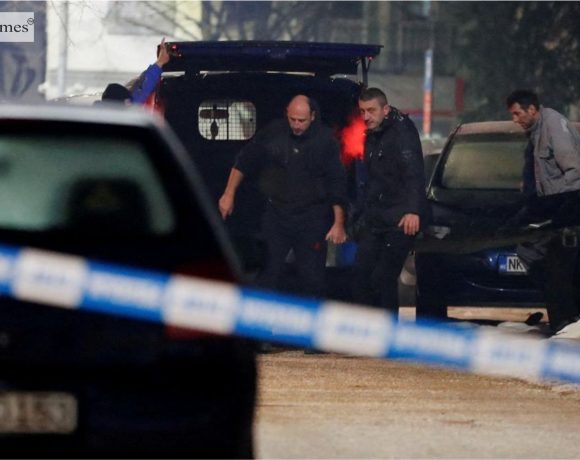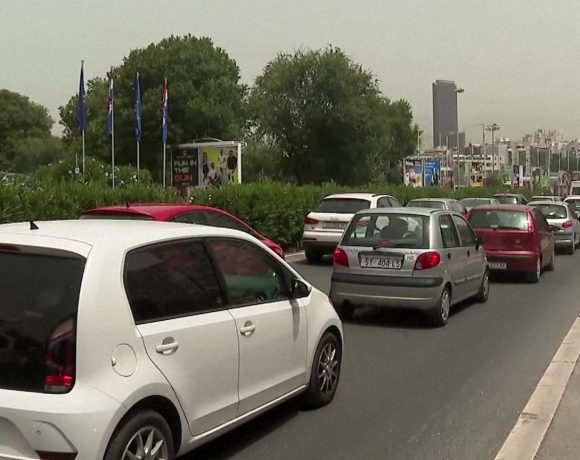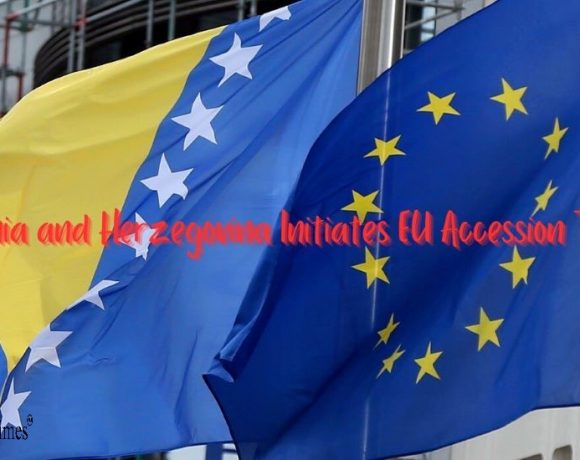
A devastating shooting in the southern Montenegrin town of Cetinje has left 12 people dead, including two children, following an altercation in a restaurant on Wednesday evening. The attacker, identified as 45-year-old Aleksandar Martinović, began the rampage at 17:30 local time, killing members of his own family, the restaurant owner, and two children aged 10 and 13. He later moved to other locations, leaving a trail of fatalities before taking his own life after a confrontation with police.
Authorities revealed that Martinović, reportedly under the influence of alcohol, had acted following a “disturbed interpersonal argument.” Four others sustained serious injuries and remain hospitalized. Prime Minister Milojko Spajic expressed profound sorrow, calling the act “senseless” and vowing urgent measures, including potential bans on private firearm possession, to enhance public safety.
The incident has plunged Montenegro into mourning, with three days of national remembrance declared. While mass shootings are uncommon in the Balkan nation, this tragedy has reignited discussions on gun control and public security. It follows a similar incident in 2022, where a family dispute in Cetinje also led to multiple fatalities.
Pic Courtesy: google/ images are subject to copyright


